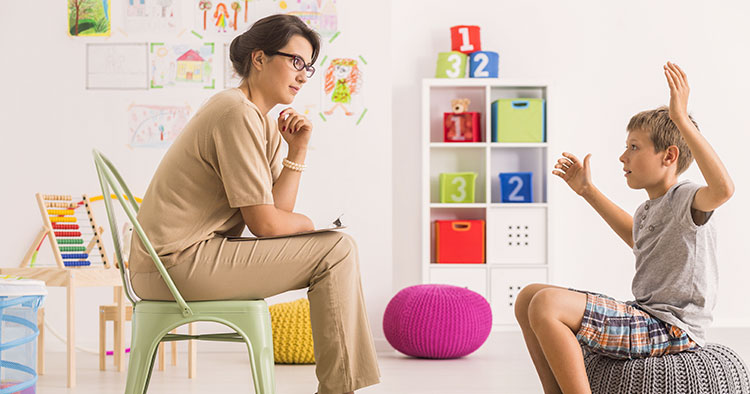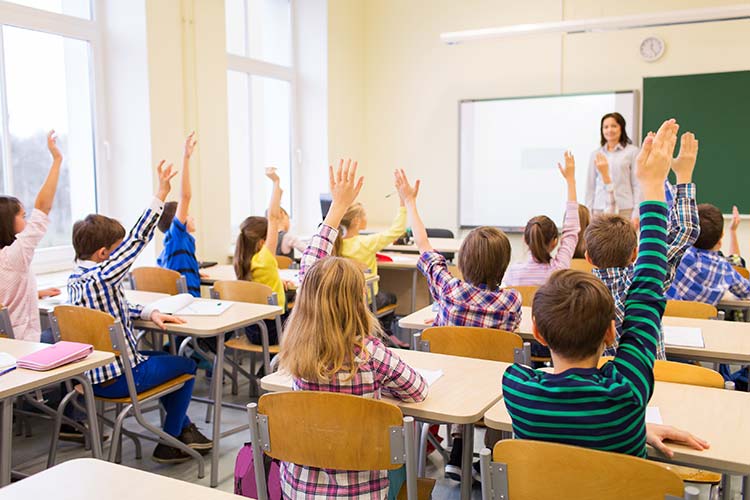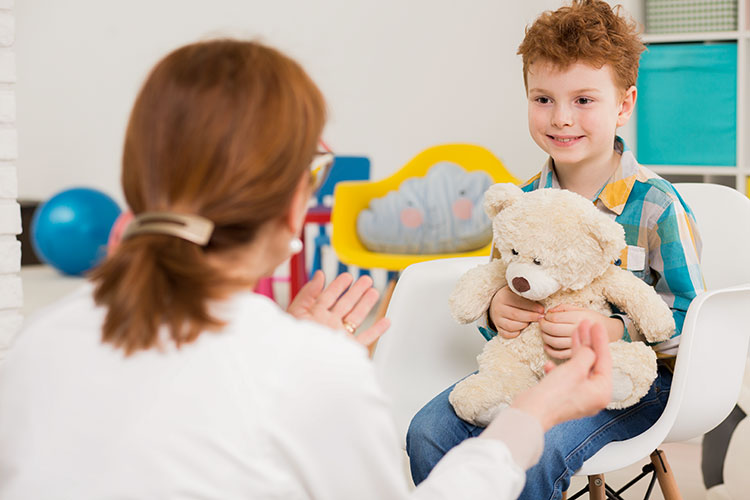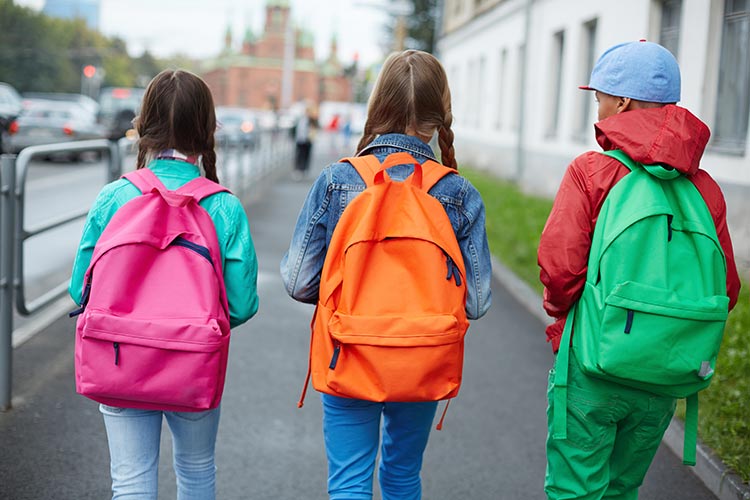


Many of us who are parents are still stunned to hear about the mass shooting which took away 17 lives at Marjory Stoneman Douglass High School. We grapple with our own feelings of sadness, anxiety, fear, or anger as we watch physical violence events as this unfold.
It’s an uncertain world and we fervently hope and pray that nothing bad ever happens to our own children. Yet we may feel powerless and unsure of what to say to our kids. Here are some tips for talking to your kids about mass shootings.
Understand that due to age and the fact that all people are different, the comprehension, feelings, emotions, and maturity of each child will vary. It’s a good idea to start talking to your kids about a mass shooting incident or any form of physical violence by using age-appropriate communication and language.

For a child of Pre-school or Kindergarten age, you will want to keep what you say to one sentence. They don’t remember long summaries of information at this age. So this one sentence should sum up the situation and it should also be exactly the story that you want the child to tell themselves.
For example, “a sick boy got hold of a gun and hurt many people.” Or if you don’t want a child to be afraid, you can decide to focus on the positives of a story. “The principal stood in the way and stopped the sick boy from shooting anybody. “
Children in elementary school are usually inquisitive. While this isn’t a bad thing, you will want to filter and shield them from some of the bad stuff. It’s okay to answer their questions, but try not to focus on the negative. Focus on the positives and try to keep them from seeing graphic pictures which may trigger feelings you don’t anticipate.
You don’t have to keep it to one sentence but keep it simple when talking to your kids. “Today in Florida, a sick boy who might be mentally ill shot a bunch of people. I want you to know that no matter what feelings or problems you have, acting the way he did isn’t okay. Do you have any questions about anything?”

Tweens are usually going through a lot of change periods. Their bodies may begin to change, their thoughts begin to change, and their emotions start to really come out. You will want to listen to their feelings and respond to what they are feeling.
Make sure to validate their feelings if they are normal. Since they are developing their values, it’s also a great opportunity to talk about the values that you want to instill in them. For example, you can help your tween understand that they shouldn’t be using physical violence. “In this family, we never physically harm someone.
You don’t physically harm someone unless your life or someone else’s is in danger. Physical violence is not a solution to anger, sadness, or bullying. If you ever go through anything bad, know that if you talk to me, I will always help you figure it out.”
Talking to your kids who are already teenagers may be challenging. However, by understanding that the teenage years are all about exploring yourself, finding solutions, and getting along with others or not, you can encourage your teen to work towards positive changes.
Teenagers are very sensitive, but you can impart on them values that they will take with them for a lifetime. When talking to them about something like a mass shooting ask them questions that will help you understand what their mindset is and work towards a positive outcome or solution.
“What do think about the mass shooting incident at the high school in Florida? Did you know some of the teachers came forward to protect the students? How would you react if you saw a gunman at your school?” Above all, make sure your teenager knows that you are there for them and that safety at school is being assured by the institution.
They may be reluctant to talk at times. But by keeping the door open, you will assist their transition to adulthood by encouraging open communication.

Encouraging your child to ask questions at any age is good. Of course, your answers and explanations may vary according to your child’s age. Open-ended questions allow your child to let you know what they are thinking and what is in their head.
For younger children, their questions can help guide you in recognizing how much information they are ready to hear. Some children may need time to process the information. So it’s important to allow them the option to bring up any questions at a later point in time.
Check with your child periodically in case questions come up for them down the road. Answering your child’s questions openly and honestly is very important to building trust with your child.
Whatever your child is feeling when something like a mass shooting, physical violence, or death happens is valid. They may be confused, angry, sad, afraid, anxious, etc. The important thing is to encourage them to share their feelings so you can validate them and ensure safety at school.
Feelings can change and this is also normal. Be sure to let your child know that whatever they are feeling, with regard to any situation, it’s okay talking to your kids about it. Practice listening to your child. Listen. Validate. Talk it through with your child.
If anything about your child’s feelings alarms you or you are worried about their mental health, don’t be afraid to seek professional help for your child.

Talk to your child about safety at school. You can even inquire to the school and ask what safety plans are in place in case of a mass shooting incident. If your child’s school or school district is willing to share their safety plans and protocol for incidents such as mass shootings, share it with your child.
During a mass shooting incident or if a crime is being committed, the important thing is for your child to stay out of harm’s way. So review some basics with them, even if you think your child should know some things by instinct. Some protocols for safety at school may include:
1. Don’t physically confront someone who is holding a gun or who can hurt you.
2. Follow the instructions of teachers whose job is to teach, help, and protect students.
3. Move away from an area where shooting is occurring. Follow your ears and go away from it.
4. Use anything to protect yourself, even if it’s a textbook.
5. As a last resort, play dead or pretend you are already injured.
During a tragedy like a mass shooting incident, images and statements seen on the news can be shocking and difficult for children of all ages to process. So you may even want to consider watching the news about the recent mass shooting when your children are out of the room. Also, kids, these days are way too addicted to technology.
Information and the things people post online, on Facebook or Snapchat, Instagram, or Twitter, for example, can be transmitted at a shocking speed. Pay attention to your child’s social media use to make sure that their access to social media isn’t causing some sort of problem in your child’s life.
For example, if your child is being bullied on social media, it’s important that you limit and monitor their social media use while making sure that your child is really okay. You may even want to have a requirement that as long as your child is a minor, they must be your “friend” on all their social media so that you can monitor them at all times.

No matter what, remember to put yourself and your family first. Take care of yourself and your family. Make sure that everyone is mentally healthy. If someone is going through something difficult or seems to be having challenges mentally coping, get them some professional help.
It’s okay to walk away from people or situations that just aren’t good for you or your family and you should learn to recognize the difference between a healthy and positive change and a negative change. Go with your gut to protect your family. Make sure that each member of your family has a healthy outlet for their feelings whether that is writing, yoga, boxing, piano, cooking, etc.
It’s okay to seek help from other family members, close friends, spiritual leaders, and therapists or counselors. Never apologize for doing things that lift up your family in a positive manner. Just make sure that each member of your family is supported, validated, and is mentally healthy. If something is off, don’t wait to act on it.
You can read more of this post in our parenting category.
Just enter your email address below and you’ll get an email every time we publish a new post!
Categories :
We believe in building & supporting the community and that finding the resources and things to do for your kids should be easy. 4kids.com is a FREE online resource guide for families with kids in a city near you.
View All Posts